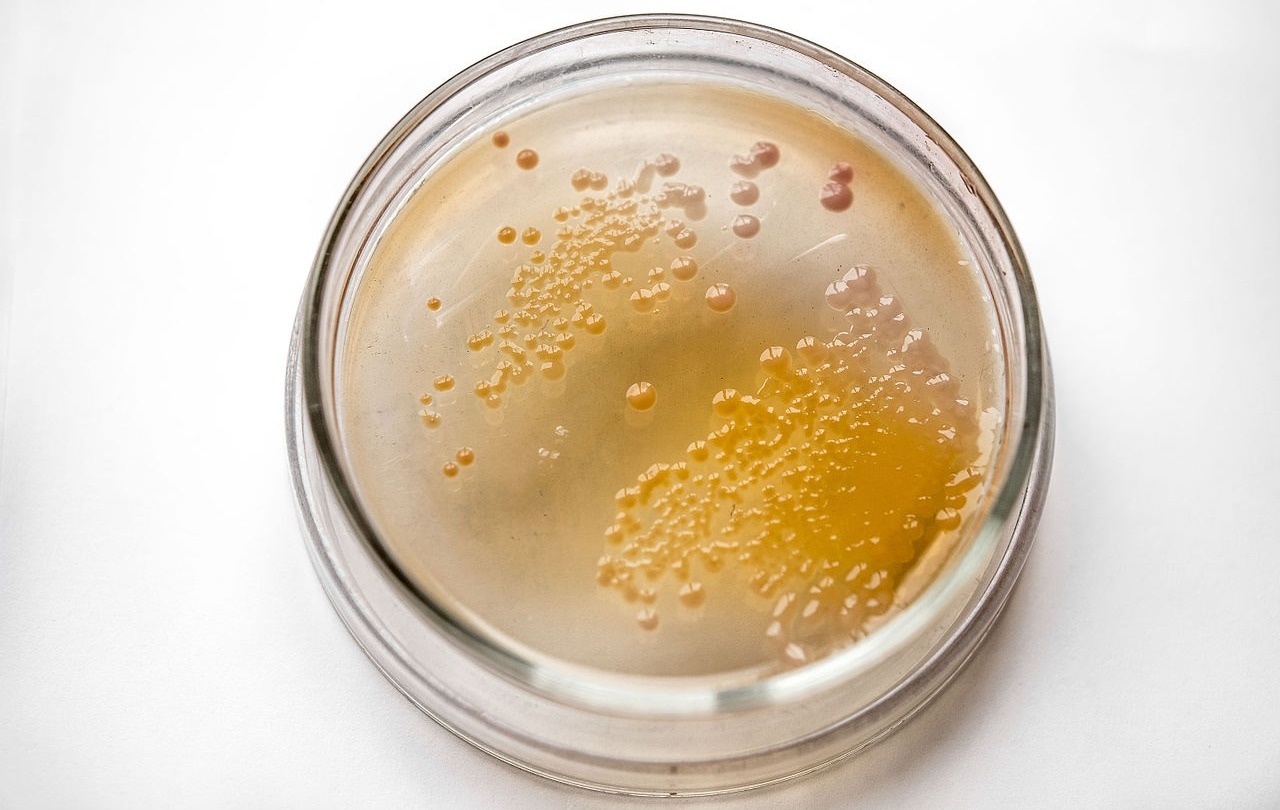
Background
Carbapenem-resistant K.pneumonia (CR-Kp) strains are a major threat worldwide due to the difficult to treat. Lack of new antibiotics in pipeline and the emergence of resistance to the last-resource antibiotics has resulted in an urgent need to develop novel treatment strategy. Such a treatment strategy would ideally be:1. not susceptible to resistance development and,2. specific to pathogenic organism without affecting microbiome.
Technology
Researchers at Stony Brook University have developed an antibody based approach overcoming the problems associated with the use of antibiotics. The mABs bind to all clade 2 capsular polysaccharides of the carbapenem resistant ST258 Klebsiella clonal group. These mabs promote opsonophagocytic activity and bacterial killing in culture and were demonstrated to promote lung clearance and reduce dissemination of bacteria in infected mice. These mABs target 50-80% of strains of ST258 CR-Kp, the most abundant clone in the US. Clade 2 strains are associated with higher mortality (Figure 1.).Further Details: Diago-Navarro et al. mBio 9 (2), e00091-18. 2018
Advantages
-Highly specific to pathogen, leaves microbiome unaltered-Less likely to promote drug resistance-Protective against pulmonary infection model-Long serum half life of mABs results in reduced dosing frequency
Application
- Infectious diseases - Therapeutics - Diagnostics
Inventors
Bettina Fries, Professor, Medicine
Elizabet Diago Navarro, Research Scientist, Medicine
Licensing Contact
Sean Boykevisch, Director, Intellectual Property Partners, sean.boykevisch@stonybrook.edu, 6316326952
Tech Id
050-8930
